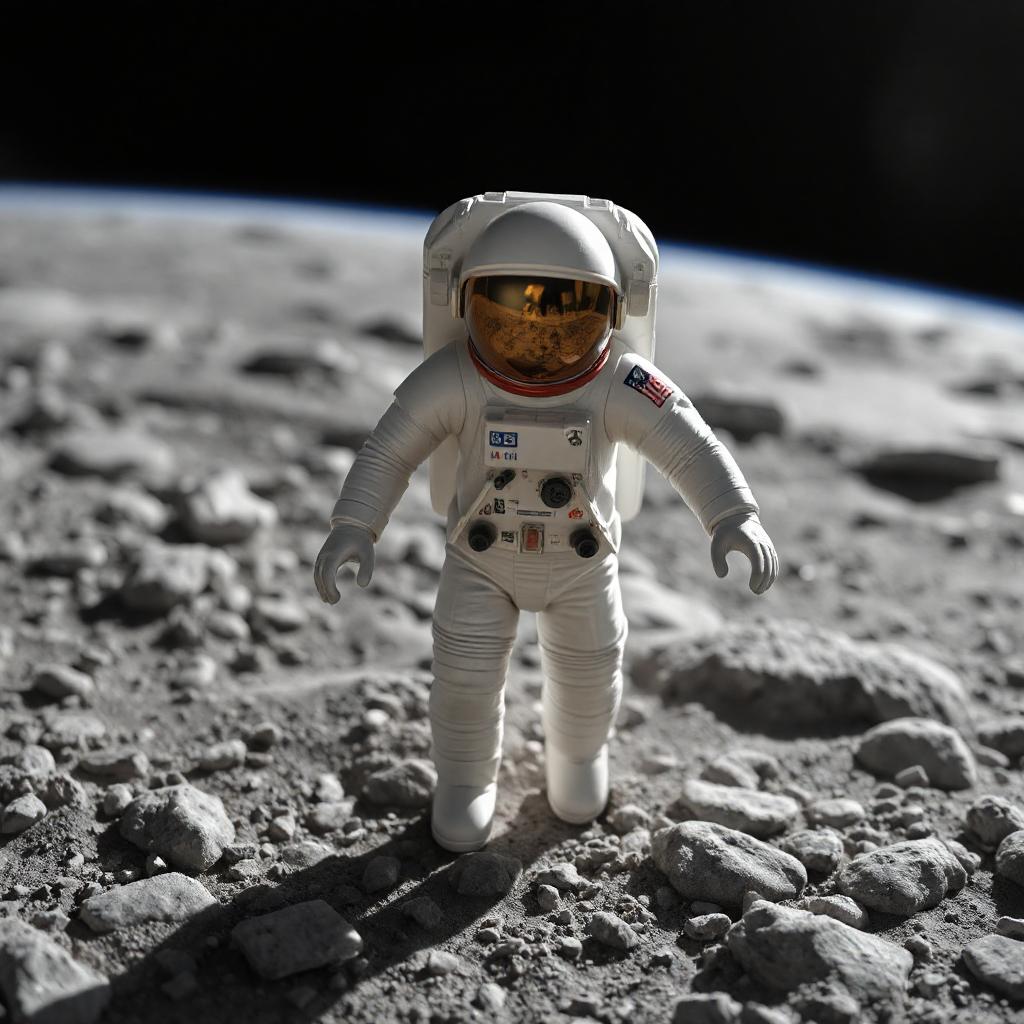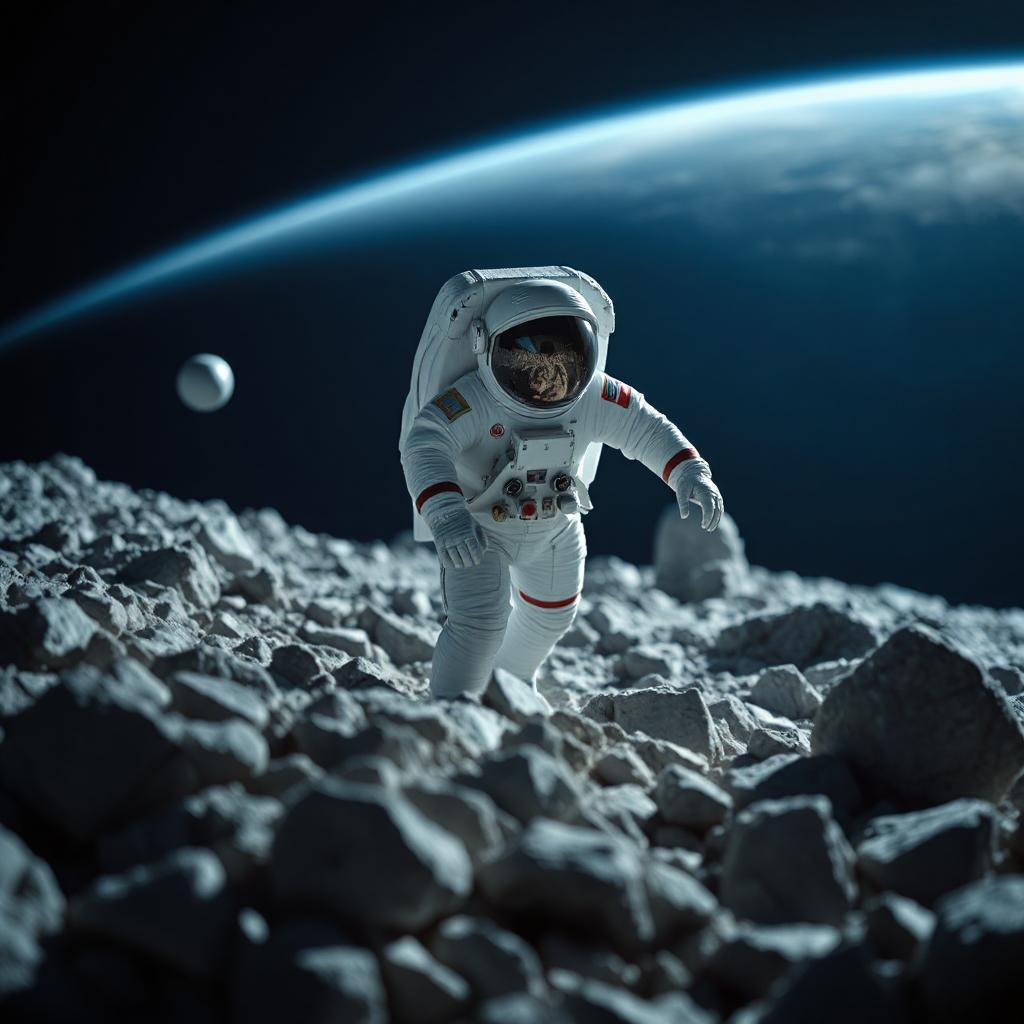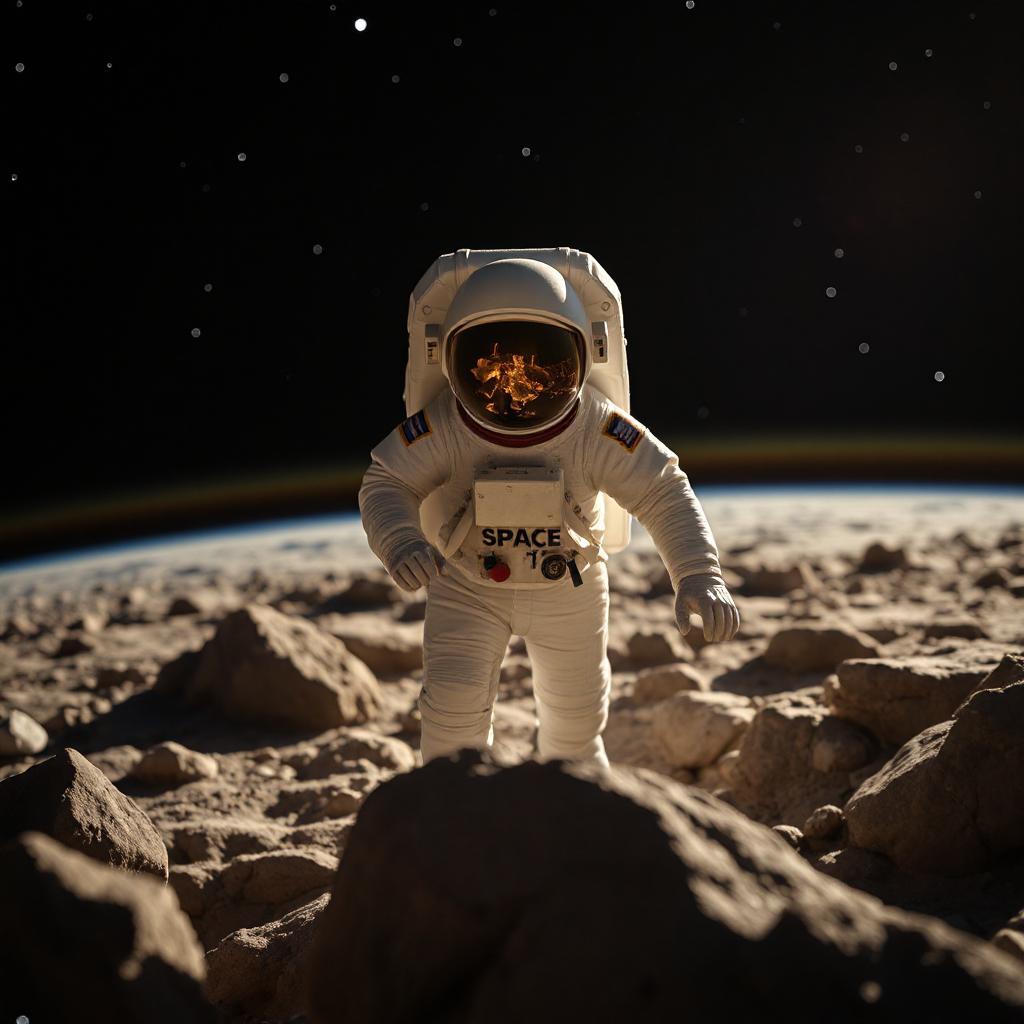Introduction: The Remarkable Journey of Astronauts in Space
Astronauts are some of the bravest individuals, dedicated to exploring the vast unknown of space. Living and working in the weightlessness of space presents numerous challenges, yet astronauts have continuously pushed the boundaries of human knowledge. In this article, we will dive deep into the life of an astronaut, what it’s like to live in space, and how they contribute to our understanding of the universe.



What is an Astronaut?
An astronaut is a highly trained professional who journeys into space to conduct experiments, perform spacewalks, and explore celestial bodies. Most astronauts travel aboard spacecraft like NASA’s Space Shuttle or the International Space Station (ISS). These brave individuals play a critical role in advancing science, technology, and our understanding of space.
The Astronaut Training Process
Becoming an astronaut requires rigorous training. It includes physical endurance tests, simulation exercises in zero-gravity environments, and learning how to operate spacecraft systems. Astronauts also undergo medical assessments to ensure they can handle the extreme conditions of space, from zero gravity to cosmic radiation.
Life on the International Space Station (ISS)
Astronauts spend a significant portion of their missions aboard the ISS, a microgravity laboratory that orbits Earth at an altitude of around 250 miles. The ISS is a hub for scientific research, where astronauts conduct experiments in biology, physics, and materials science.
Living in space means astronauts must adapt to several unique challenges:
1. Microgravity Environment
In space, there is little to no gravity, which causes astronauts to float instead of walking. This environment affects everything from eating to sleeping and even moving around the spacecraft. Astronauts train for months to adapt to this new way of life.
2. Sleep Patterns
Space is a harsh environment, and maintaining a healthy sleep schedule can be difficult. Due to the absence of day-night cycles in space, astronauts use a schedule regulated by the spacecraft’s artificial lighting system. They sleep in individual sleeping quarters secured with straps to keep them from floating around.
3. Exercise and Health
Astronauts need to exercise daily to prevent muscle atrophy and bone loss in the microgravity environment. The ISS is equipped with special exercise equipment like treadmills, stationary bikes, and resistance machines designed for zero gravity.
The Challenges of Space Exploration
1. Radiation Exposure
Astronauts are exposed to higher levels of radiation while in space, which can increase the risk of cancer and other health issues. Space agencies like NASA are continually researching ways to protect astronauts from this harmful radiation.
2. Psychological Effects
The isolation and confinement of space can take a toll on astronauts’ mental health. Spending months away from family and friends, along with the stress of a demanding mission, can lead to psychological strain. NASA ensures astronauts undergo psychological training to cope with these challenges.
The Impact of Astronauts’ Work
The work of astronauts has led to groundbreaking discoveries in many scientific fields, including the development of new medical technologies, better understanding of the human body, and advancements in satellite technology. The data gathered from space missions also plays a critical role in monitoring Earth’s climate and environment, providing crucial insights into global issues like climate change.
Conclusion: Why Astronauts Matter
Astronauts are not just pioneers in space exploration; they are modern-day heroes working tirelessly to unlock the secrets of the universe. Through their efforts, we continue to expand the boundaries of human knowledge, benefiting life on Earth and inspiring future generations to reach for the stars.
Call to Action: Interested in learning more about the fascinating world of space exploration? Stay tuned to ScienceMood for the latest updates and discoveries from astronauts in space.
- NASA Astronauts
Learn more about NASA’s astronauts and their missions:
NASA Astronauts – Official Site - International Space Station (ISS)
Explore the ISS and its role in space exploration:
International Space Station – NASA - The Space Foundation
Discover the latest developments in space science and technology:
The Space Foundation - European Space Agency (ESA)
Learn about ESA’s space exploration programs and astronaut training:
European Space Agency – ESA - Astronaut Health and Fitness
Find out how astronauts maintain their health during space missions:
Astronaut Health and Fitness – NASA - Space Radiation and Protection
Explore the risks of space radiation and how astronauts are protected:
Space Radiation and Protection – NASA


